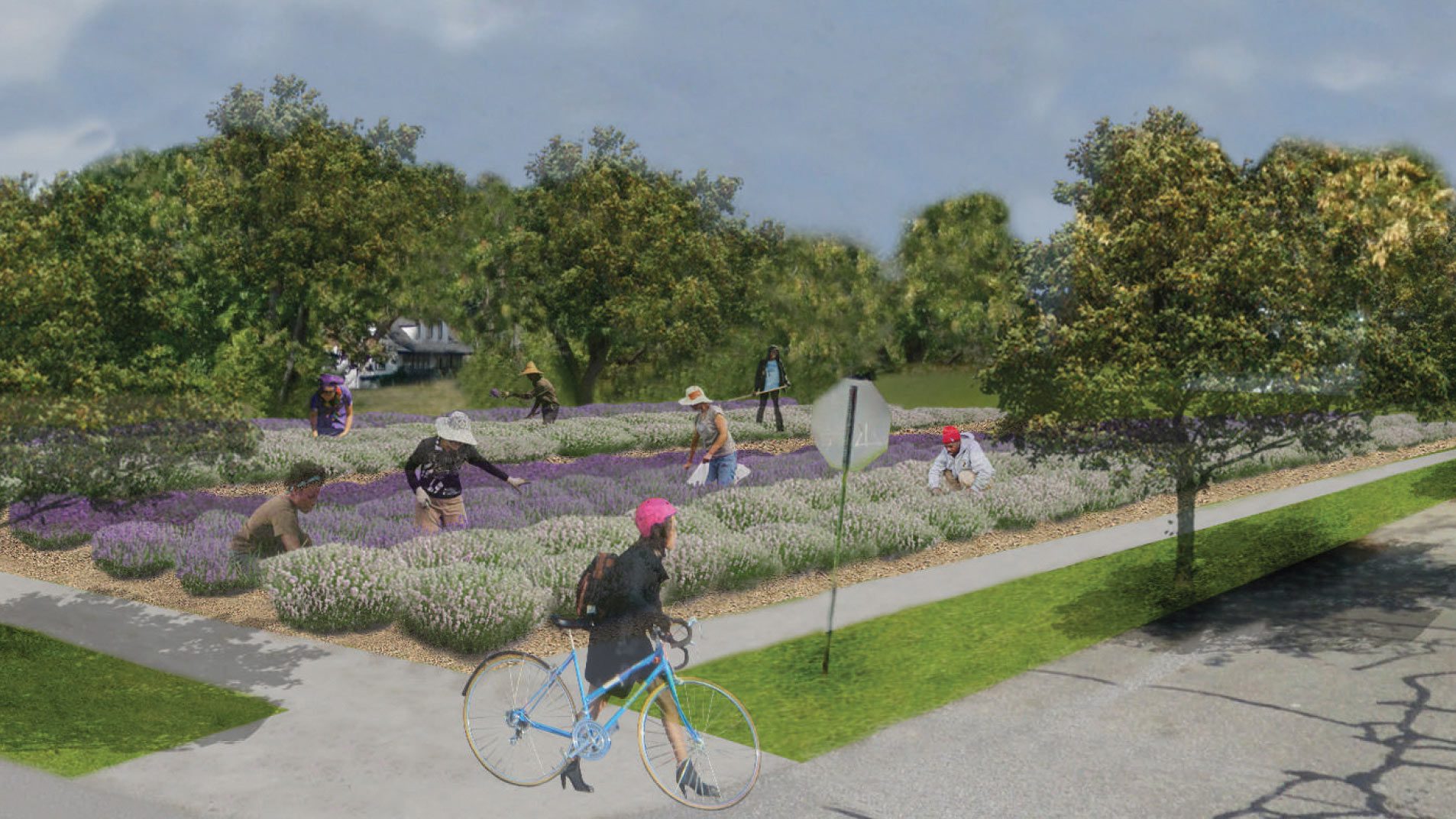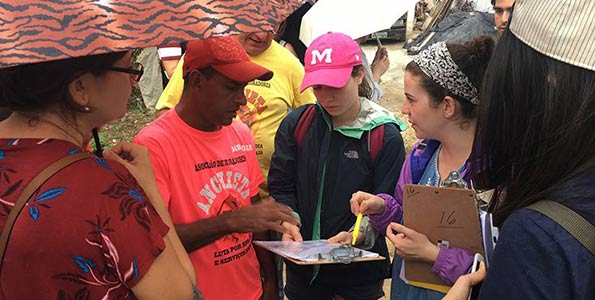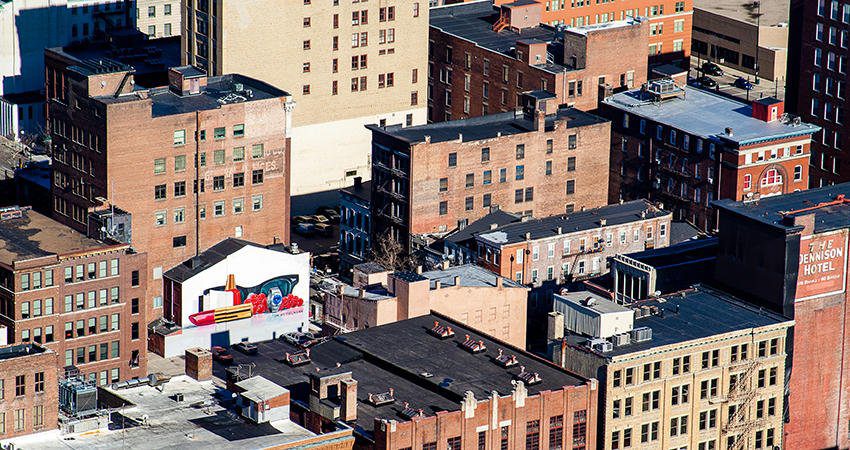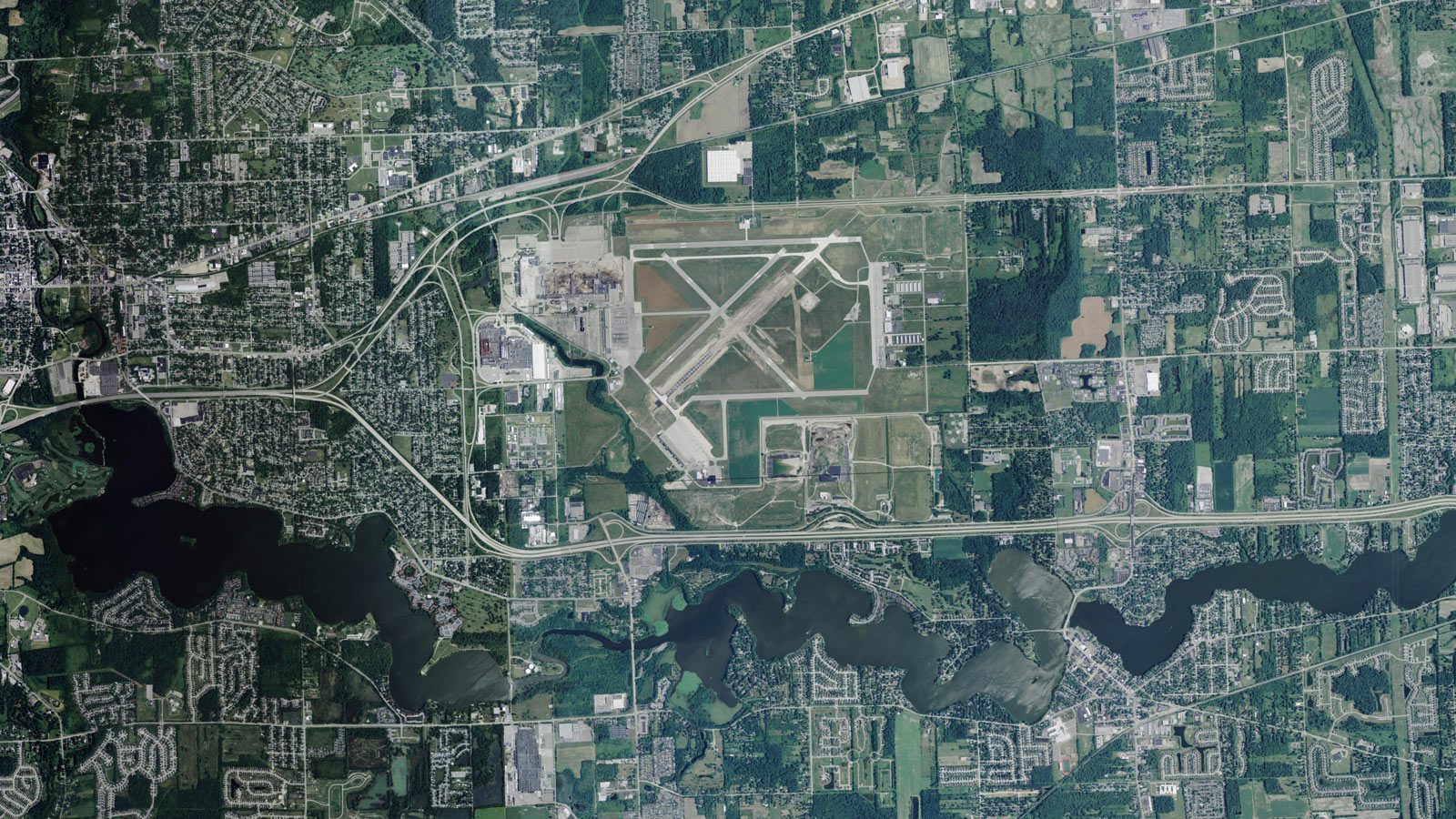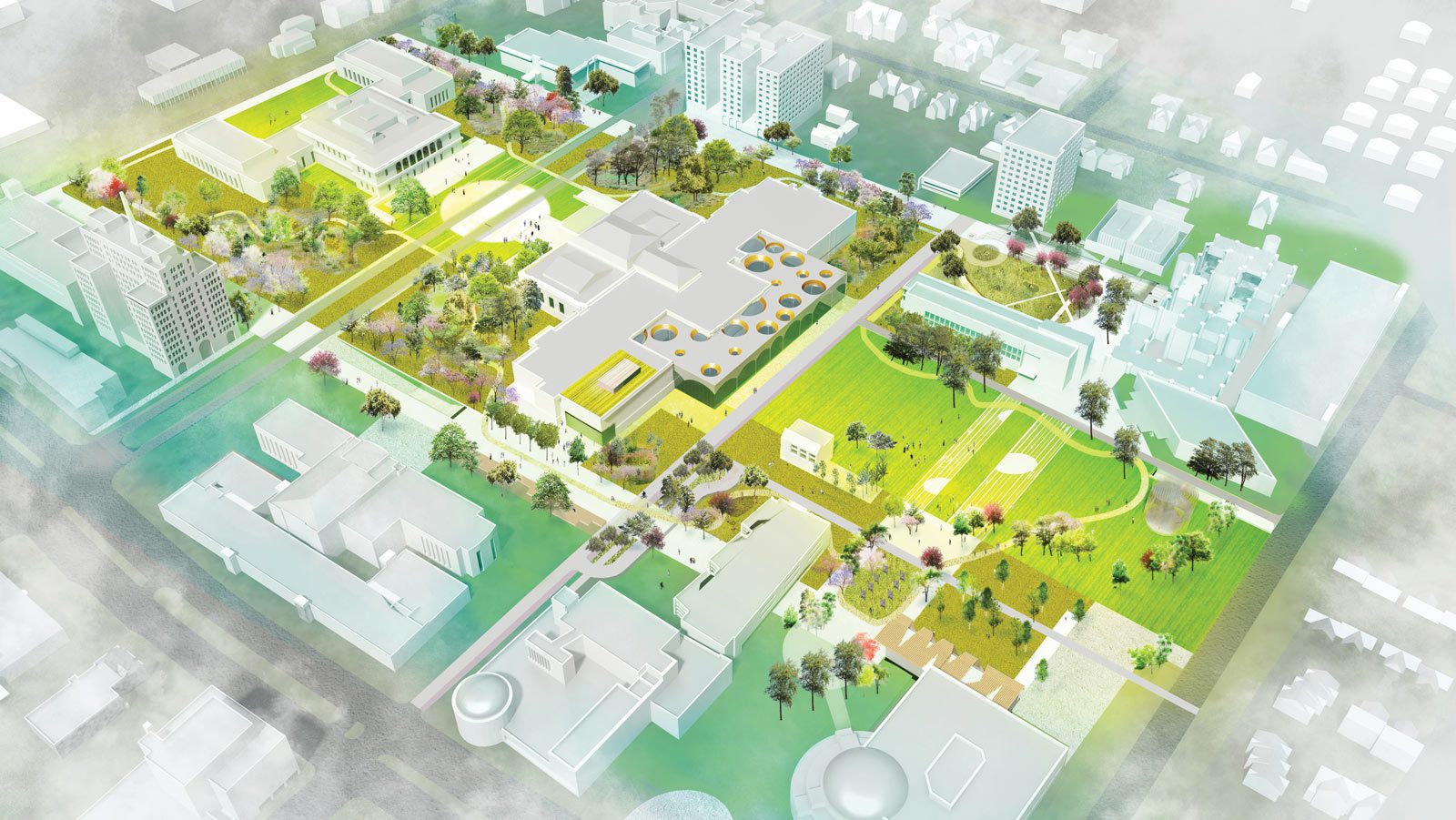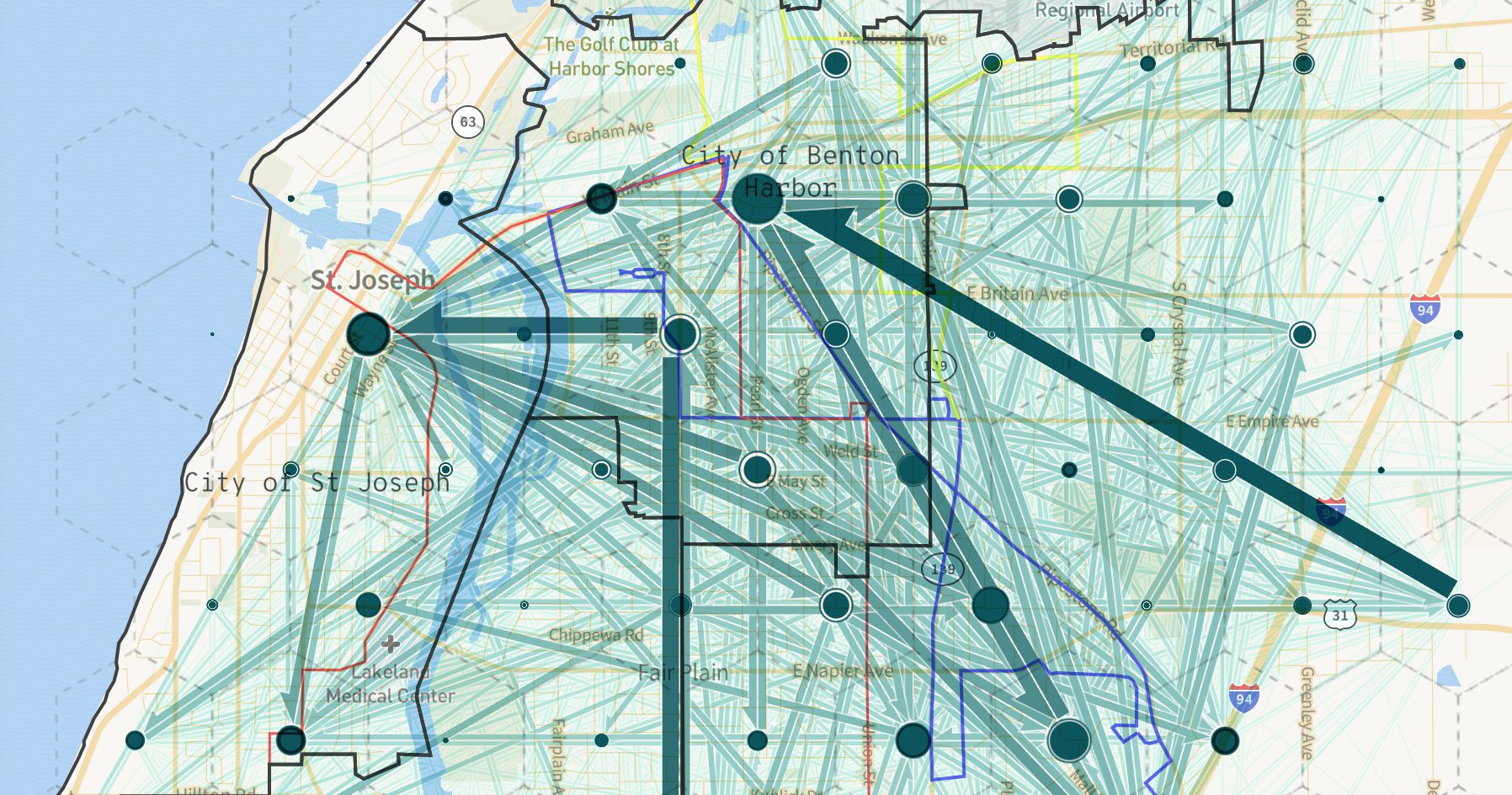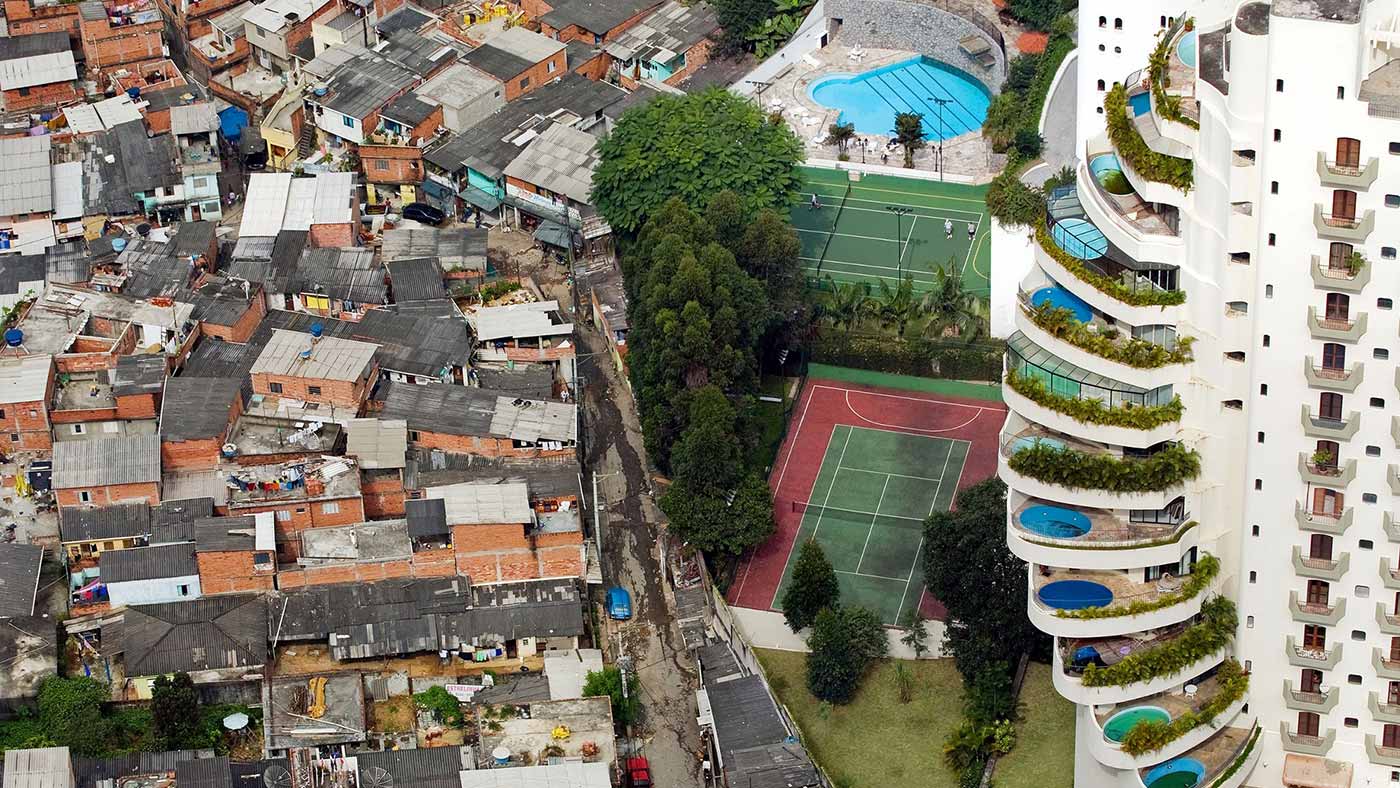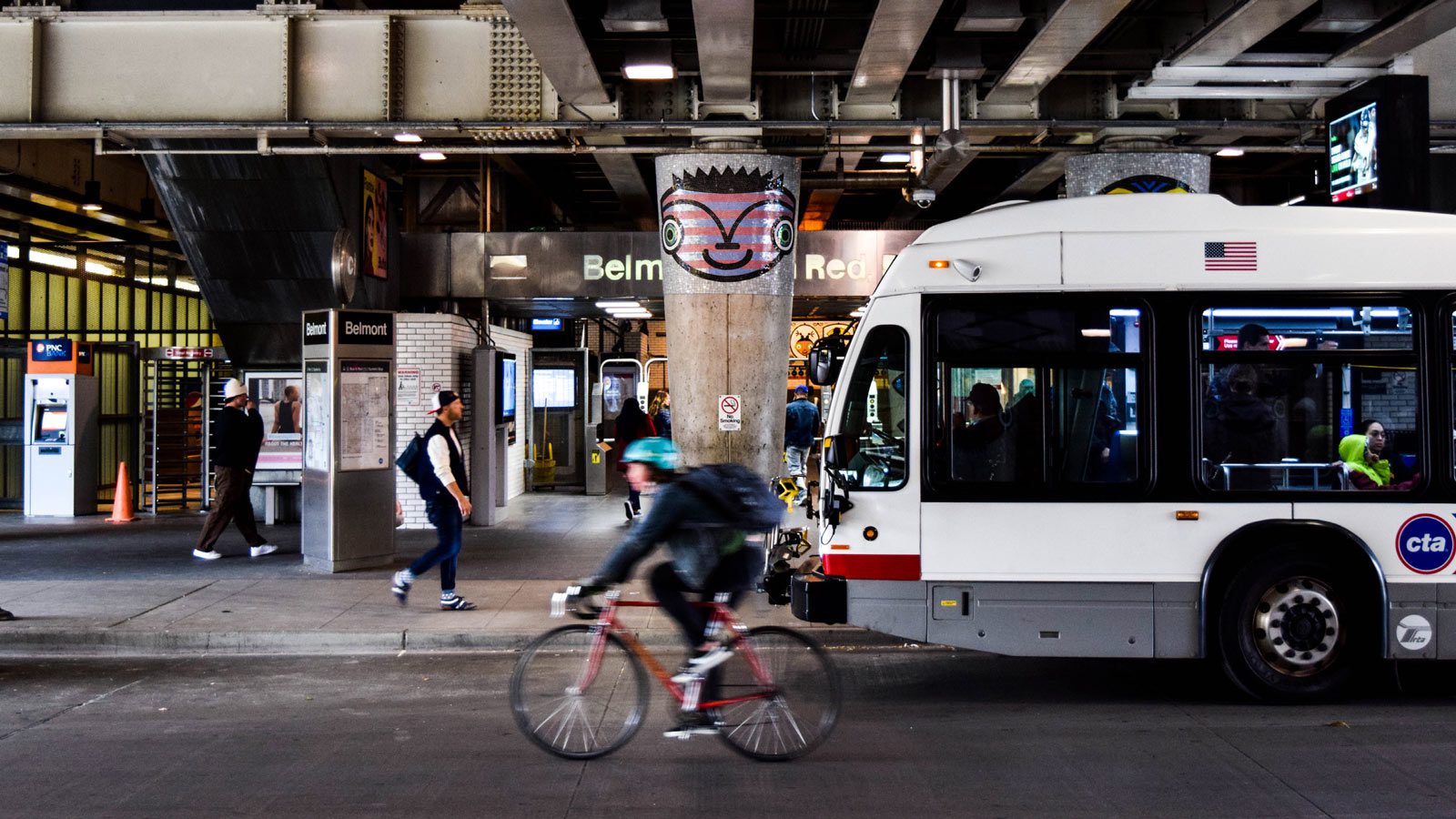Focus Areas for Urban and Regional Planning
The Master of Urban Regional Planning program’s flexible curriculum provides students the opportunity to explore a wide range of topics in the field of urban and regional planning or gain depth in a specific area. The focus areas described below provide guidance about elective courses a student could take to more fully explore that topic. Focus areas are structured to be potential courses of study, and are not a requirement for the Master of Urban Regional Planning degree.
Courses listed as “Primary Courses” provide a majority of the material directed toward the focus area, “Secondary Courses” provide a smaller share of course material on the focus area; and “Non-URP courses” are offered in other units on campus.
Thriving cities and regions require safe, vibrant and diverse neighborhoods; good jobs; active business communities; and adequately funded public services. This focus area provides skills to promote increased social and economic capital and improve the quality of urban life, particularly in low-income, minority, and other disadvantaged communities. Students acquire an understanding of political, economic, financial, and social systems and strategies to address a range of conditions in economic development and policy. Planners with this background work with local residents, development professionals, neighborhood and community organizations, community development corporations, municipal, regional, state, and federal agencies and the private sector.
This focus area concentrates on urban environments experiencing rapid population growth and displacement, resource scarcity, frequent disasters, and extreme inequality. Students learn to critically analyze the design and implementation of planning and policy initiatives from a comparative and global perspective, examine the remarkable planning innovations that these dynamic situations engender, and gain tools and analytical lenses needed to: understand how historical geopolitics and globalization interconnects distant cities and regions; address the needs of marginalized populations in situations of systemic inequities; and collaborate with (or work for) social movements, non-governmental organizations, private- and public-sector agencies operating across local to national scales, foundations and research centers, and international institutions.
Metropolitan regions across the world are facing growing housing unaffordability, rising income inequality, and widening wealth gaps that are tearing our cities and neighborhoods apart. How can planners and policymakers respond to those challenges? What actions can they take to address them? This focus area provides students with the conceptual and analytical framework to examine the underlying causes of those challenges and, more importantly, the knowledge and skills they will need to tackle those problems. Courses in this focus area include the study of different policy instruments and what makes them work or not work, the creation and financing of housing and real estate development that offers opportunities to households of all income levels, the structuring of public and private partnerships that will ensure equitable distribution of costs and benefits from urban development and redevelopment. Graduates of this focus area will be able to work with for-profit and nonprofit affordable housing developers, community development corporations and intermediaries, and different levels of government agencies focusing on housing and community development.
This focus area prepares planners to work toward the long-term environmental and social sustainability of land use. The concentration focuses on training students to better inform private and public decision making processes related to land development, especially within the context of these ongoing issues of urban decline and suburban sprawl.
This focus area prepares planners to contribute to the design, function, and sustainability of our communities. Students study scale, density, and the physical dimensions of different built structures, transportation systems, and infrastructure requirements. They learn about the different design philosophies and traditions that have influenced form, configuration, and the distribution of uses and users. Students also examine how real estate and development interests interact with planning to shape urban environments.
Urban planning professionals rely on a diverse set of skills to shape urban places. These include methods of technical analysis and modeling, public participation, stakeholder engagement, and quantitative and qualitative research. This focus area is intended for students seeking to emphasize these professional skills, which can be applied to various functional planning domains.
This focus area is for students interested in understanding the factors that perpetuate injustice and oppression in the way that cities, towns, and settlements are designed and constructed. Courses provide conceptual and analytical tools that professionals need to assess and address disparities and inequalities, along with developing a competence to sensitively work with diverse groups of people in planning and designing the built environment. The focus area prepares practitioners to address key economic, social, and political forces in collaboratively designing effective interventions to advance social justice.
This focus area prepares planners to understand and creatively address issues related to the long-term sustainability of communities and society more broadly, focusing especially on promoting resilience and effective adaptation in the face of global climate change.
The transportation planning focus area builds an interdisciplinary range of skills and perspectives in transportation planning, including understandings of transportation planning’s societal roles, applied technical and evaluation skills, historical uses and misuses of transportation planning techniques, and the rich interdependencies between transportation planning and other areas of urban and regional planning. Transportation planners work in the public sector for agencies including municipalities, metropolitan planning organizations, state departments of transportation, and transit operators; in the private sector as consultants; and in the non-profit sector in research and advocacy.





